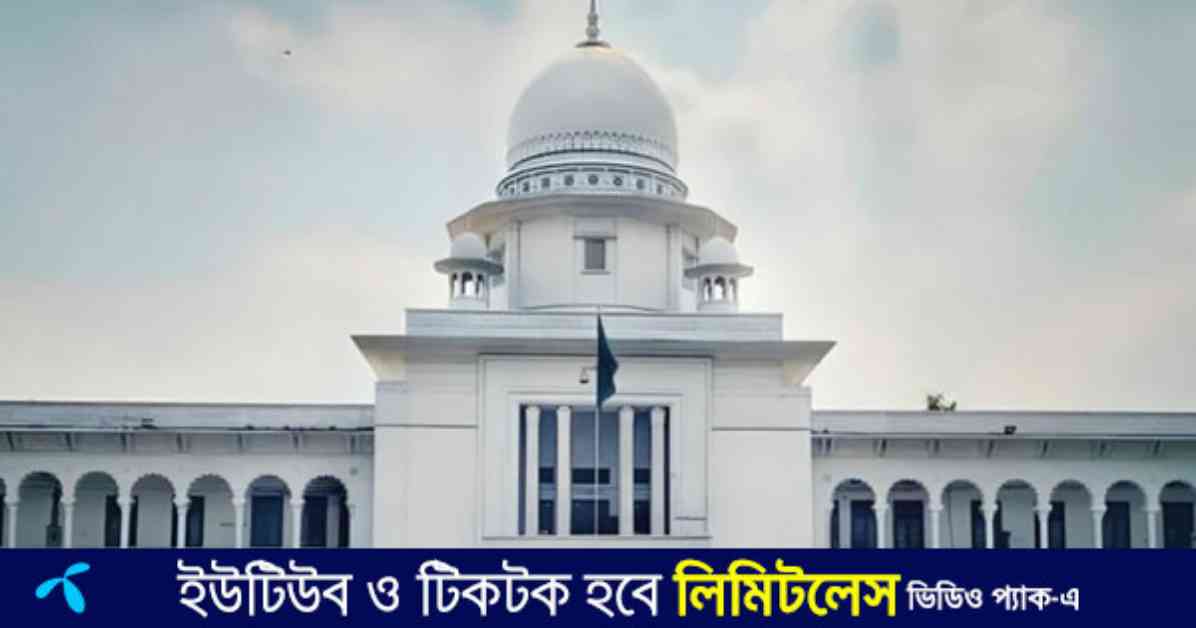Internal Conflict with the Interim Government: High Court Ruling
In a landmark decision that could have far-reaching implications, the High Court ruled today that the interim government cannot be embroiled in internal conflicts. The ruling, issued on January 13, 2025, at 1:32 PM, has sent shockwaves through the political landscape, raising questions about the future stability of the government.
Expert Analysis on Legal Implications
Legal experts are divided on the implications of this ruling. Some argue that it could set a precedent for limiting the powers of the interim government, while others believe it is a necessary step to ensure the smooth functioning of the administration. The decision is expected to spark intense debate in legal circles and beyond.
Impact on Governance
The ruling comes at a critical juncture for the interim government, which has been facing increasing pressure to address internal conflicts and maintain stability. With the High Court’s decision, the government will need to reassess its approach to handling disputes and ensure that it can effectively govern without being mired in internal strife.
Public Reaction and Political Fallout
The public reaction to the ruling has been mixed, with some applauding the court’s decision as a step towards ensuring transparency and accountability in governance. However, political parties have expressed concern about the potential impact on their ability to challenge the government’s decisions. The ruling is likely to have significant political fallout in the coming days.
As a journalist covering this story, I can’t help but wonder about the real-world implications of this ruling on the lives of ordinary citizens. How will it affect the services they rely on every day? Will it lead to greater transparency and accountability in government actions, or will it create more uncertainty and instability? Only time will tell, but one thing is clear: the High Court’s decision has set the stage for a new chapter in the country’s political landscape.













